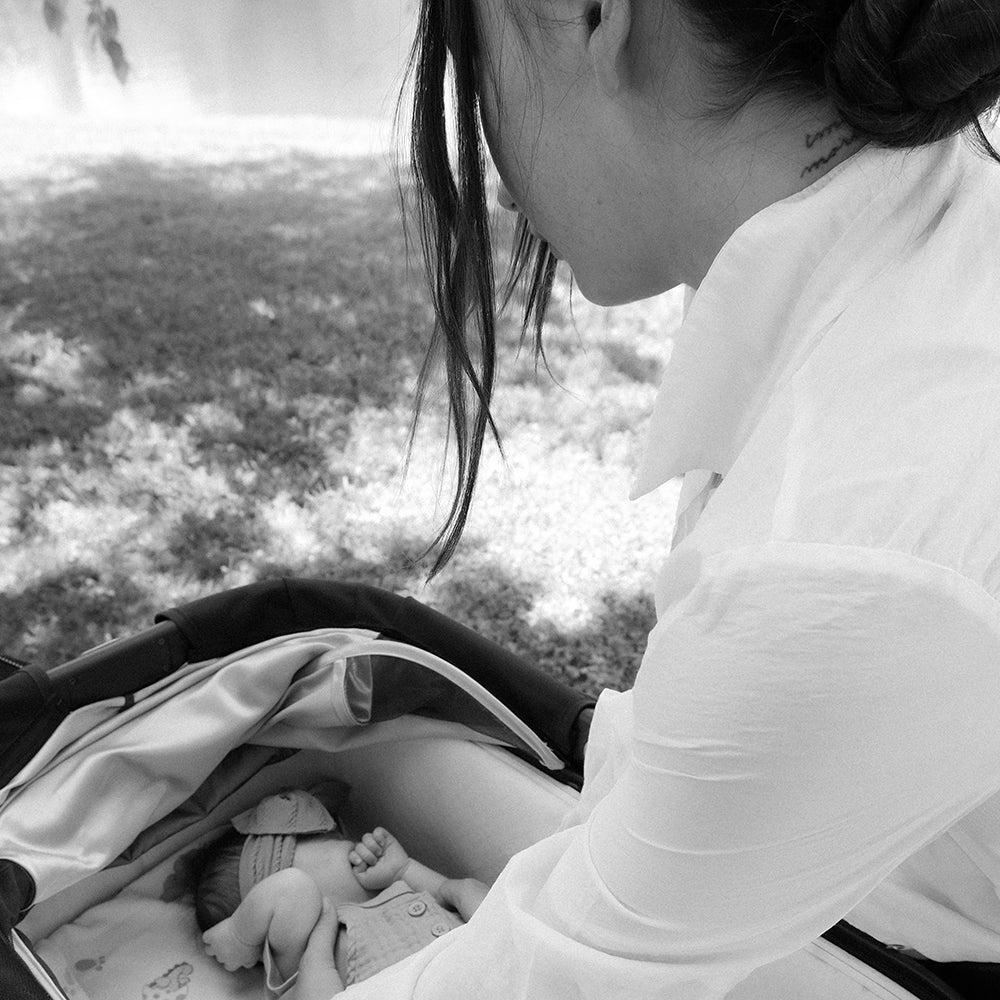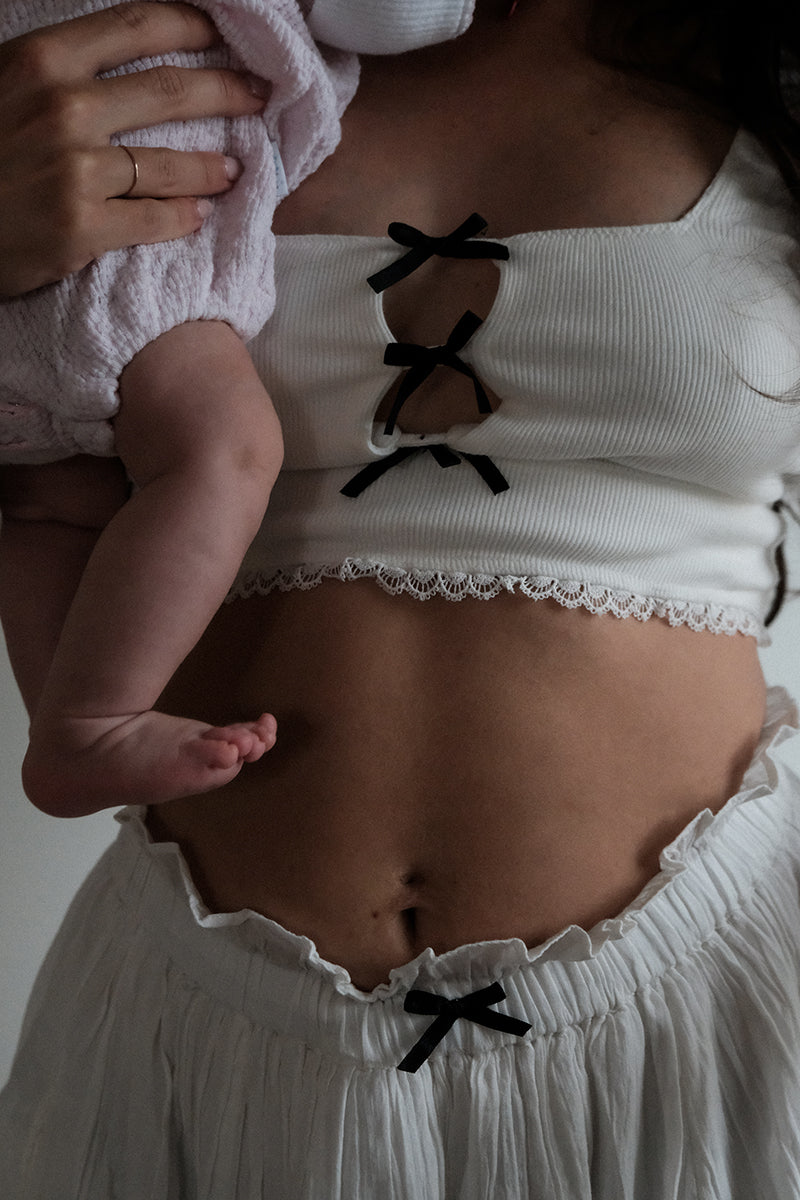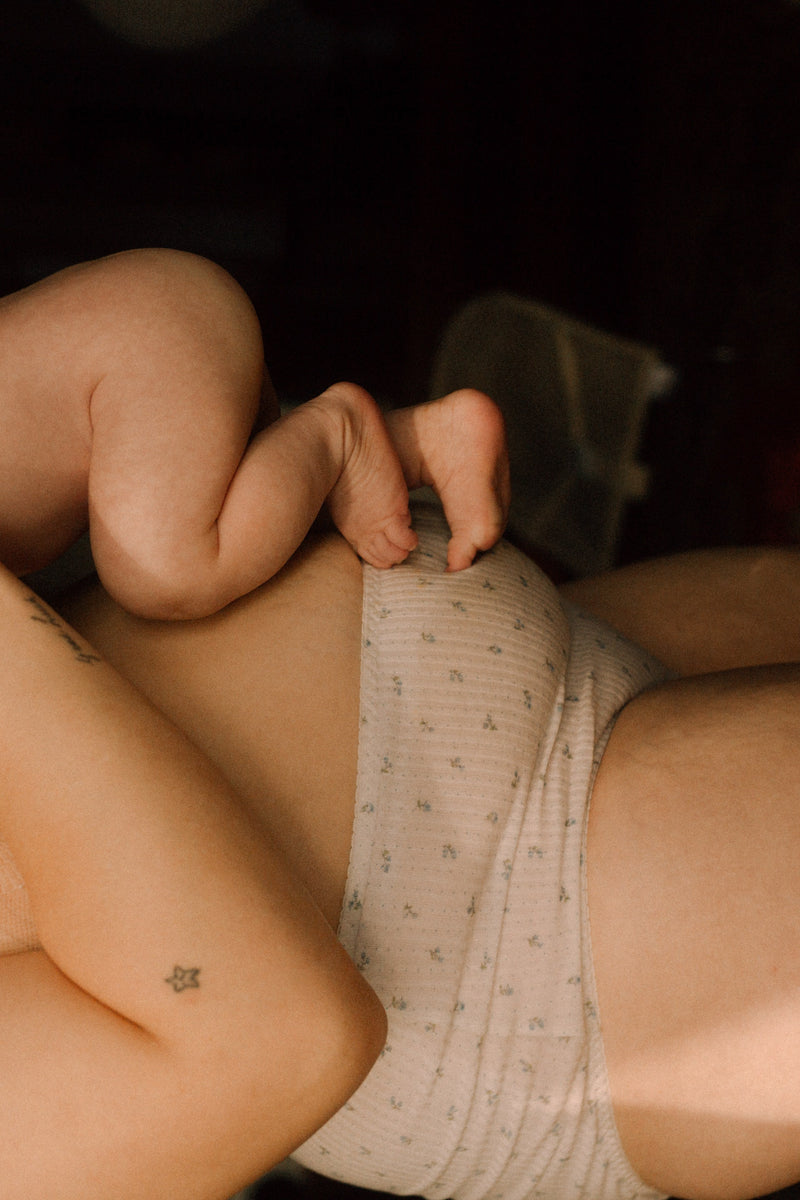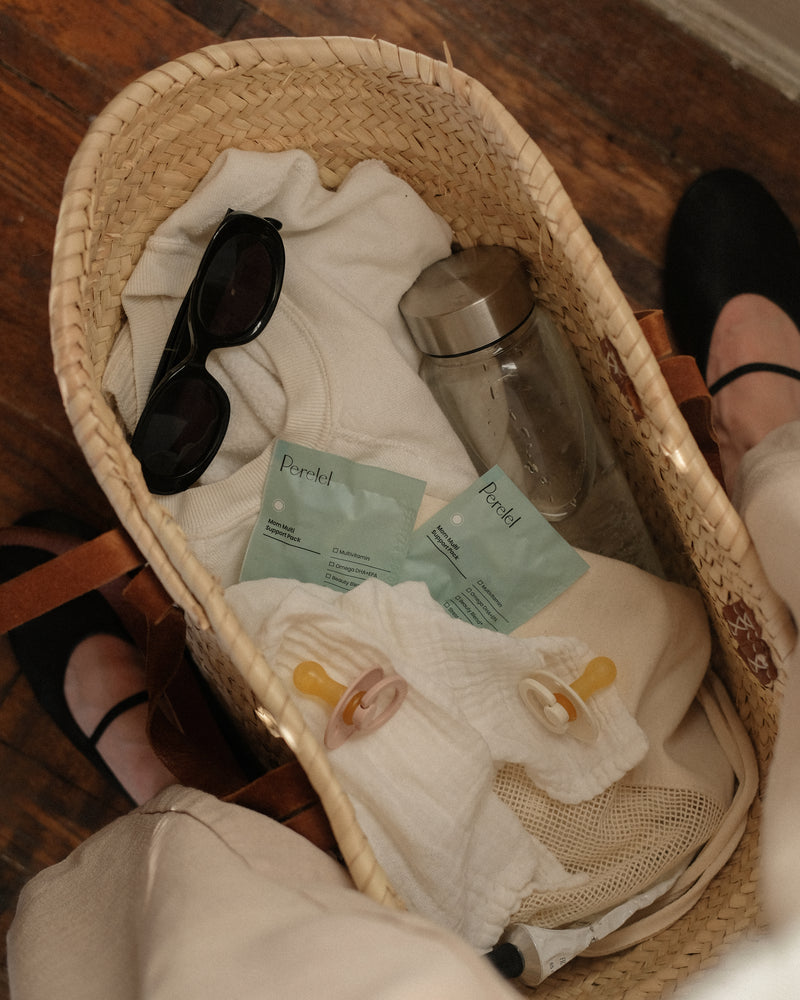As exciting as it is to meet your new addition, there’s no getting around it—caring for a newborn can be a nerve-wracking endeavor. It’s normal to worry about your baby’s health and safety, and to wonder if you’re going to be a good mom. Throw in a hefty dose of hormonal changes, and it's a recipe for big emotions and nerves.
“New worries in motherhood are normal and even partially biologically hardwired, as they help ensure the baby's survival,” says Dr. Sarah Oreck, MD, MS, a reproductive psychiatrist and Perelel panelist. But if those feelings become all-consuming, you could be dealing with postpartum anxiety.
What is Postpartum Anxiety?
Postpartum anxiety is a condition characterized by excessive fear and worry. This affects up to 20 percent of women after giving birth.1
So how can you tell if you’re dealing with the usual worries or something more? “Typical new-mama nerves involve general concern and heightened alertness, which is a natural response to caring for a newborn, especially for first-time mamas,” Dr. Oreck says. “Postpartum anxiety is more intense and persistent, often involving intrusive thoughts, constant fear, and physical symptoms like heart palpitations or difficulty sleeping—even when the baby is resting.”
Postpartum anxiety symptoms may also include:
- restlessness
- nausea
- irritability
- a sense of dread
- difficulty focusing
- obsession over worst-case scenarios
If you’re experiencing postpartum depression, it’s even more important to keep an eye out for postpartum anxiety symptoms.2 It’s estimated that 2 out of 3 women with postpartum depression will also experience postpartum anxiety.3 “Postpartum depression involves persistent sadness, lack of interest in activities, feelings of hopelessness, and often, difficulty bonding with the baby,” Dr. Oreck says. “Both conditions may overlap, but their emotional and physical manifestations are distinct.”
$49.95
$46.95
$32.95
Shop the Article:

Mom Multi Support Pack
/ Month
Shop Now

Cellular Hydration Powder
/ Month
Shop Now

Sleep Support*
/ Month
Shop Now
5 Tips for Easing Postpartum Anxiety
If you’re dealing with postpartum anxiety, these self-care strategies can help you cope.
1. Make sleep a priority
The American Psychological Association recently published a review that analyzed data from more than 150 studies over the past 50 years and found a strong link between sleep loss and mood. In particular, they found that sleep deprivation can dampen positive emotions and exacerbate anxiety symptoms.4
While an uninterrupted night’s sleep may be unrealistic right now, try to establish a consistent routine and prioritize sleep whenever possible, Dr. Oreck says.
2. Practice mindfulness
Research suggests mindfulness meditation can help to manage stress in people with anxiety disorders.5 When you’re experiencing anxiety symptoms, Dr. Oreck suggests trying a deep breathing exercise to help ground yourself and find a sense of calm.
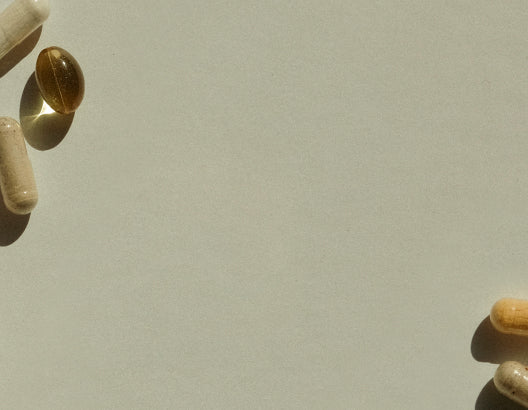

What are your
stage-specific needs?
Let us personalize your vitamin routine in 60 seconds.
3. Get some movement
“Physical activity can also help manage anxiety,” Dr. Oreck says. Research suggests breaking a sweat regularly may reduce the risk of developing an anxiety disorder by up to 25 percent.6 Exercises that incorporate abdominal toning, pelvic floor work low-impact cardio, and light strength training can help with your postpartum recovery and help you gradually rebuild your strength and stamina.
4. Cuddle with your baby
Research suggests oxytocin, aka the “love hormone,” may help to ease anxiety. One study found that people who took oxytocin experienced a decrease in anxiety symptoms after just five days.7 But there’s a much easier way to get a dose of oxytocin—snuggling your baby can trigger your body to release this hormone.8
5. Talk to your doctor
“If these feelings interfere with your daily life or last beyond a few weeks, it's crucial to seek help,” Dr. Oreck says. “While some level of worry is natural, excessive anxiety isn’t something you need to handle alone. Seeking support from loved ones and professionals is a crucial part of self-care.”
Your doctor can recommend the best treatment options, which may include therapy, medication, or postpartum support groups. “It’s important to seek care because untreated anxiety can worsen, impacting both mother and child,” Dr. Oreck adds. “Early intervention can help prevent further mental health complications, allowing mothers to regain their wellbeing and fully engage in motherhood.”
Next up: Everything you want to know about the women's health research gap, plus other postpartum stats.
Sign up to receive doctor-backed, stage-specific content in your inbox each week.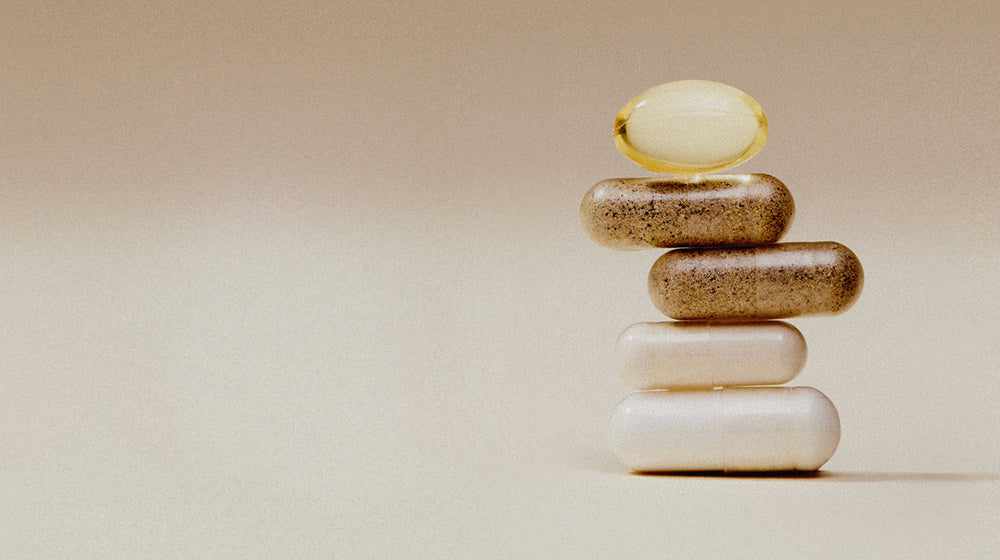
theFolio in Your Inbox
References:
1 Cleveland Clinic: Postpartum Anxiety
2 WebMD: What is Postpartum Anxiety?
6 Anxiety & Depression Association of America; Exercise for Stress and Anxiety
8 Harvard Heath Publishing; Postpartum anxiety is invisible, but common and treatable; Jul 2021
This article is for informational purposes only. It is not, nor is it intended to be, a substitute for professional medical advice, diagnosis, or treatment and we recommend that you always consult with your healthcare provider. To the extent that this article features the advice of physicians or medical practitioners, the views expressed are the views of the cited expert and do not necessarily represent the views of Perelel.


